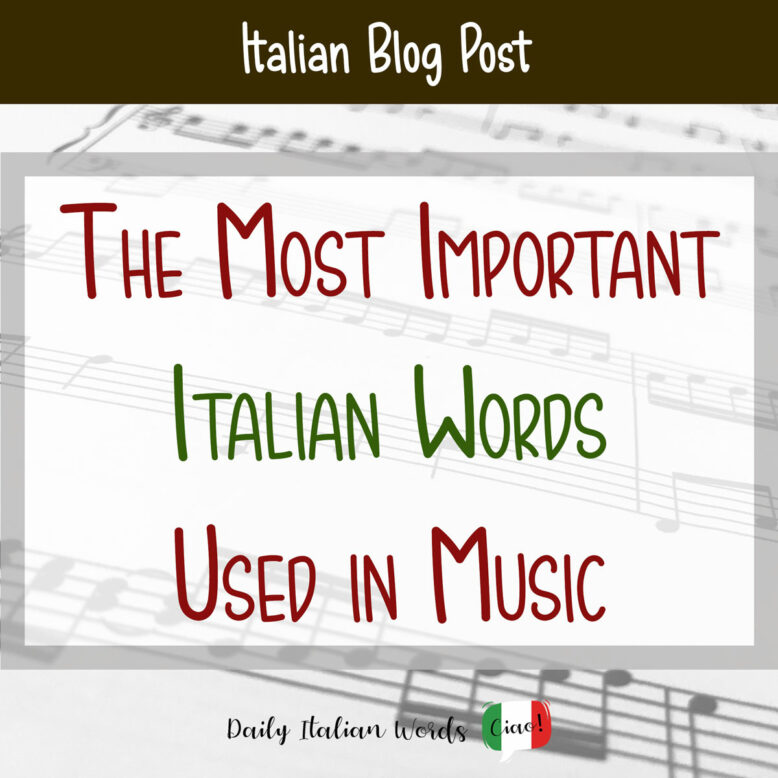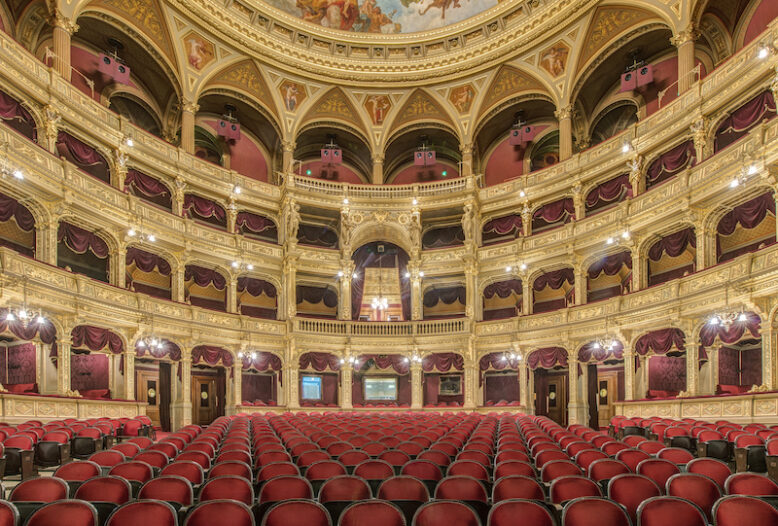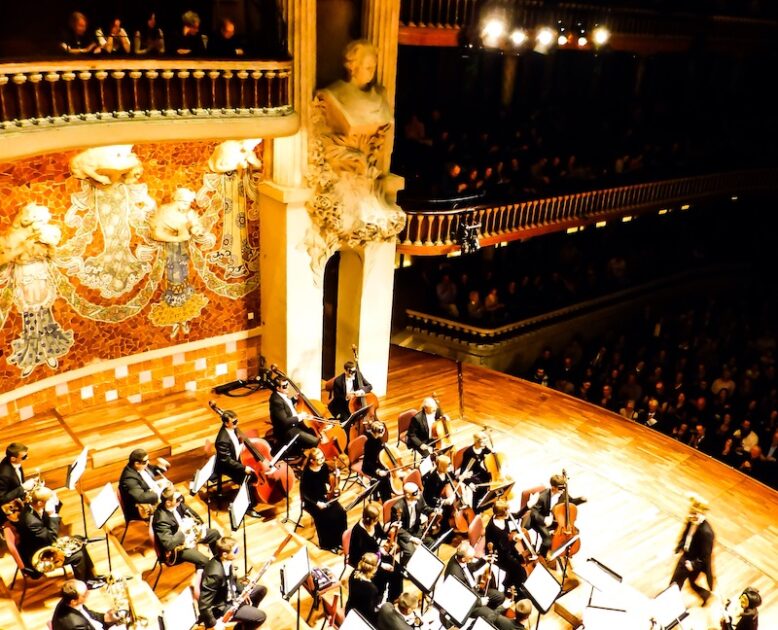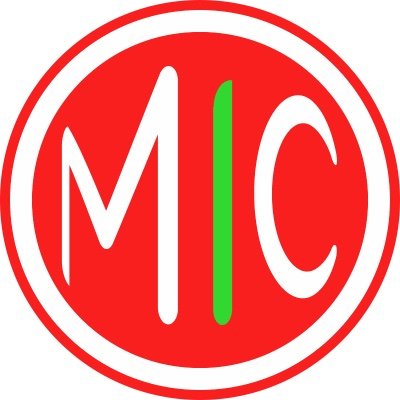Did you know that you use many Italian words, or words of Italian origin, when you talk about music? Concerto, opera, soprano, pianoforte are just a few examples of Italian musical terms that are now part of the English language. If you have ever uttered Bravo! at a concert, you may be interested in learning more about some of the most common Italian words used in music.

Universally associated with song and music, Italy is the birthplace of opera, and Mozart himself worked with an Italian librettist, Lorenzo da Ponte, to create some of his most successful works: Le nozze di Figaro, Don Giovanni, Così fan tutte. As composers and musicians from all countries and backgrounds adopted Italian as their lingua franca, Italian words became the best, and sometimes the only way to describe that marvel of human invention that is music.
The word opera itself is Italian: derived from Latin, it is actually a generic word that means work or action. In modern Italian, it applies to all kinds of work, from artworks, symphonies and novels to the result of physical work: le opere di Shakespeare — Shakespeare’s works; opere pubbliche — public works.
Opera requires a script and a musical score: it’s a melodramma, a musical drama. The script is called libretto, which simply means booklet, from libro, book. The libretto was often written by a specialist writer, librettista, while the composer would take on the task of putting words into music. Operas are usually remembered by the name of their composers, but the great masterpieces are often the result of a particularly successful collaboration with a librettist, such as the works created by Giuseppe Verdi with Francesco Maria Piave. What kind of language can you find in a libretto? Old-fashioned, of course, and highly poetic. Italian has never sounded so good as in Verdi’s operas, but this dramatic 19th century language can be difficult to understand, even for native speakers. If you would like a little help, this playlist explains its main features and takes you through the most poignant moments of five of the greatest operas of all time.
What makes opera music so compelling, even today? Most of all, its memorable arias, the kind of tearful or romantic songs that audiences would keep singing long after hearing them in the theatre, such as La donna è mobile or Nessun dorma. The word aria literally means air and indicates an expressive vocal melody.
At the opposite end of the spectrum, the recitativo is speech-like singing, used to describe thoughts or actions rather than to express feelings.
A particularly emotional and romantic aria may be called romanza, romance or ballad.
From folk music to opera to contemporary pop hits, Italian music has always been renowned for the beauty of its timeless melodies. If opera is not your cup of tea, you may find delight in a more modern expression of vocal music, canzone — a melodic song. Whether it’s a catchy, cheerful tune or nostalgic and sentimental, when you hear one, look out for the hallmark of Italian song: the ubiquitous rhyme cuore – amore, heart – love.

A full orchestra is needed to perform an opera, but as happens with all genres, singers take center stage! Audiences love a prima donna — the leading female singer, usually a world-famous soprano (another Italian word!) with a glass-shattering voice.
Prima donna literally means first woman and was used to indicate the leading female singer of an opera or play, but it later acquired a derogatory meaning as an attention-seeking personality of either sex. If you really love the soprano in an opera, you may call her diva, literally goddess, like the unforgettable Maria Callas.
Have you ever attended a concert by a legendary singer or musician? If you have, you may have stood up and cheered at your favourite artist, shouting Bravo! while clapping your hands in admiration. This of course means ‘Well done!’ and is now an English word in its own right, but if you are in Italy you should keep in mind that bravo is an adjective, and as such it has to agree in gender and number with the person you are referring to. So you may want to use brava (feminine singular) for your favourite soprano or female violinist, and bravi (masculine plural) for a full orchestra. If the soloist’s performance was absolutely mind-blowing, you can even go as far as saying Bravissimo! or Bravissima! — Wonderful!
Is your enthusiasm directed at the conductor? Maybe he managed to lead his musicians through a compelling performance of one of your favourite works, bringing out the best even from the most uncooperative members of the orchestra. Then you can definitely declare Bravo, maestro!
The word maestro has several different meanings in Italian: it can be used for a school teacher, or more ceremoniously to address a master, an expert in something, a leader or guide, or finally to refer to an accomplished musician, especially a well-known soloist or conductor.
Nowadays, however, we see more and more women on the podium, some of them leading the world’s top orchestras; is maestra the appropriate word to address them? It is, even if, regrettably, to the ears of Italians maestra evokes more readily a preschool or primary school teacher than a world-class artist.

But what if the maestro or maestra did not deliver according to expectations, and the concert you just attended was dull and disappointing, or even a downright failure? Italian has the right word for you: fiasco.
The literal meaning of this word is wicker wine bottle: un fiasco di vino. How has this harmless word come to indicate a colossal flop, something that even the most seasoned performers cannot recover from? The origin of this expression may date back to the 17th century, when a comic actor decided to talk about one of these rounded wine bottles during one of his shows. Unfortunately for him, the audience was unimpressed. From that moment on, the fiasco was inextricably linked to a performance to forget.
E adesso musica, maestro!
Learn Italian with Opera — The most beautiful arias explained in English:
1. Rigoletto
2. L’elisir d’amore
3. Don Giovanni
4. Il barbiere di Siviglia
5. Don Pasquale
Italian for Musicians — Italian musical terms explained & exemplified:
6. Tempo markings
7. Dynamics
8. Expression & Articulation
Author: Diana Lavarini of My Italian Circle
My Italian Circle is a place where you can go to find engaging new ways to learn Italian, test and improve your listening skills, and maybe even make peace with Italian grammar. We create clear, accurate, authentic content every week on YouTube and Patreon.

Anna is a professional language teacher and Diana is a freelance translator. On their website and YouTube channel My Italian Circle, they create content for Italian learners, especially English speakers. They help with grammar, progression from beginner level, and offer insights into authentic everyday Italian, Italian culture, and lifestyle.


